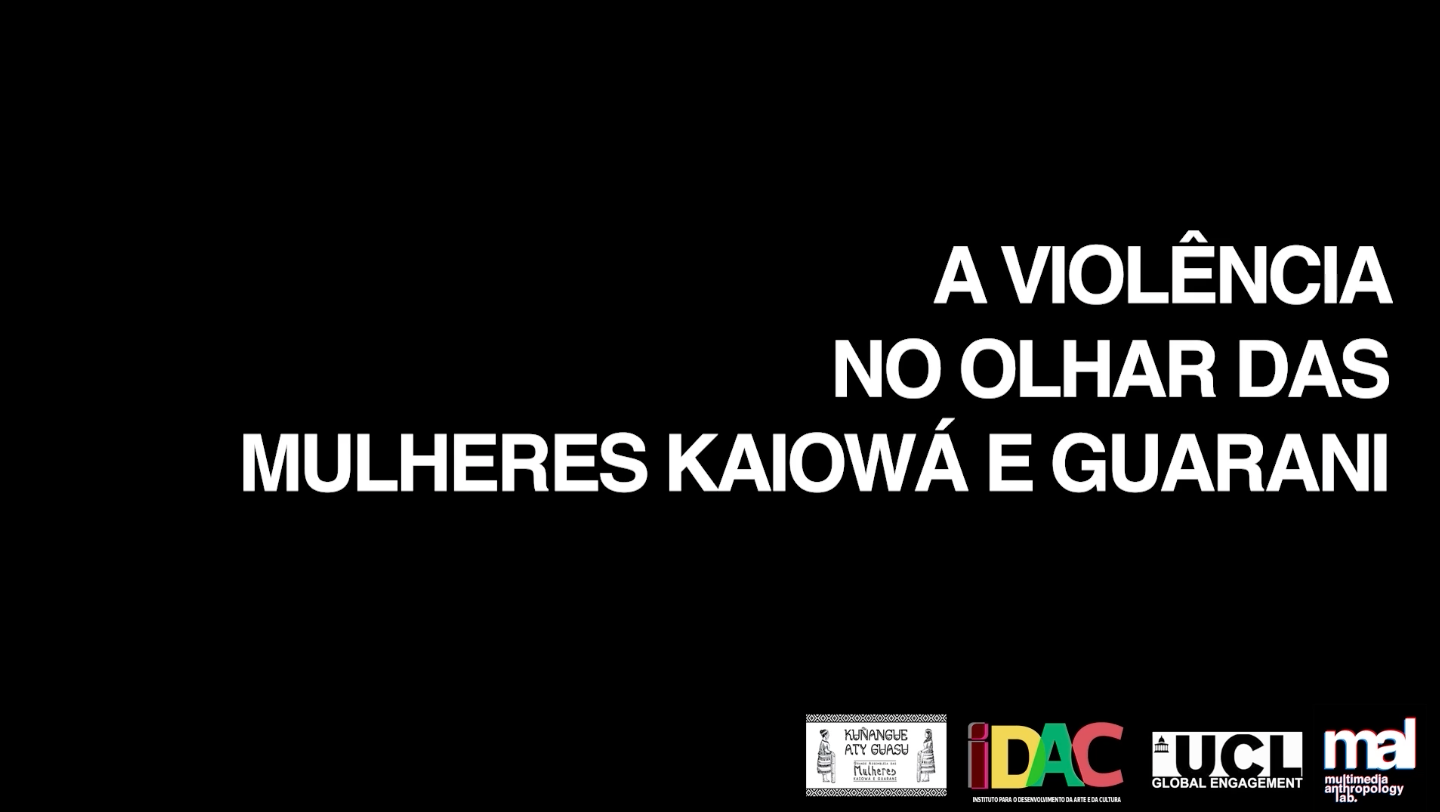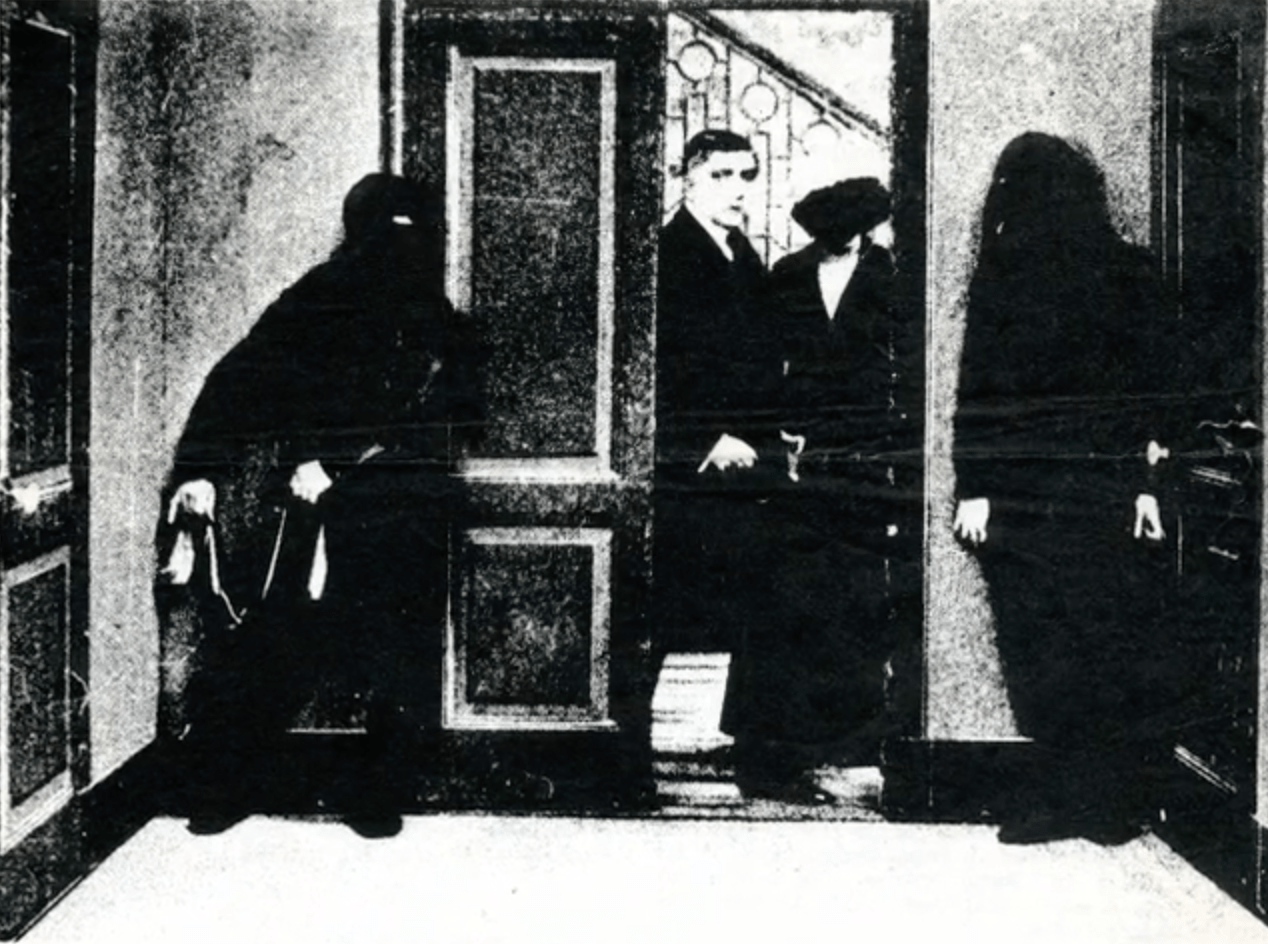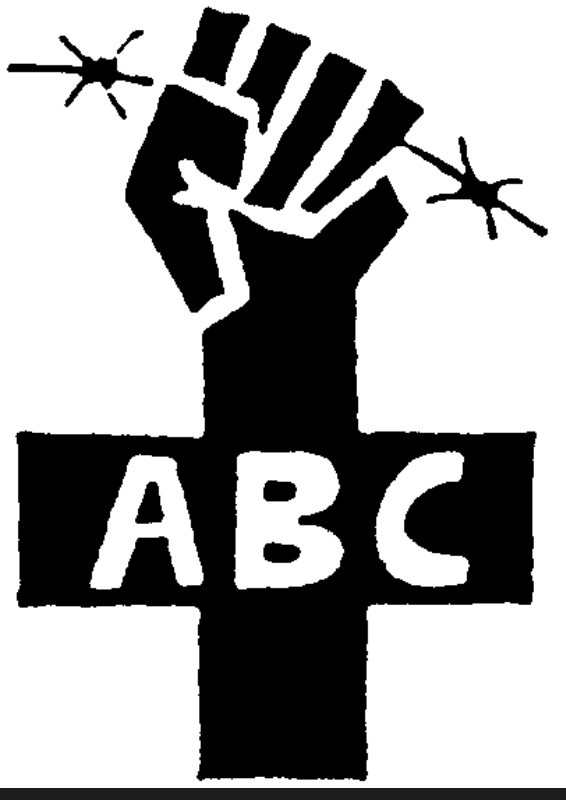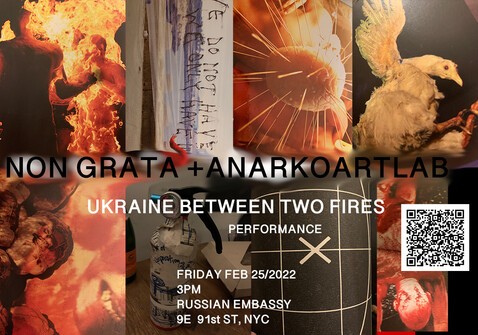AnarkoBlog
This video is a production by Unicorn Riot. View their full article here, with key portions of it reproduced in italics below.
On the evening of Dec. 2, 2021, Kjellberg called the non-emergency number seeking to get a car ticketed and impounded for being parked on his property on the 1700 block of 7th street on Saint Paul’s eastside. Kjellberg, a white man, brought a weapon with him to confront the driver and prevent the car from leaving until the tow truck arrived. The driver, Stewart, a Black man, was visiting friends and family who lived on the same block as Kjellberg.
The rising fascist presence in NYC must be countered with an antifascist reclamation of the streets. WHOSE STREETS? OUR STREETS?
In light of this this podcast episode features two "New York City Antifascists to talk about the strategy behind different actions to counter far right organizing in the city." A good overview of the struggles faced, antifascist resistance, community and solidarity. Various topics covered including the attacks on abortion clinics, community burn-out, cop compliancy and activity in fascism. The speakers also offer critiques of normal "protests" in favor of direct action and consistent engagement in antifascist circles and action.
"Brazil’s presidential contest will be settled by a runoff vote on October 30 after leftist former President Luiz Inácio Lula da Silva fell short of a majority in Sunday’s election, winning 48% of votes compared to incumbent far-right President Jair Bolsonaro, who received 43%. Bolsonaro outperformed expectations set by recent polls, which had suggested an outright win for Lula. On Friday, we spoke to world-renowned political dissident Noam Chomsky in Brazil and political writer Vijay Prishad, just back from the country, about the stakes in one of the most important elections in Latin America. The results of the contentious election will determine, among many things, the fate of the Amazon, and another Bolsonaro term would be “devastating for the world,” says Chomsky. Lula is leaning more left than in his previous presidency and has made “very clear that questions of social justice will be at the forefront of his presidency,” says Prashad."
"In an extended interview, acclaimed physician and author Dr. Gabor Maté discusses his new book, just out, called “The Myth of Normal: Trauma, Illness, and Healing in a Toxic Culture.” “The very values of a society are traumatizing for a lot of people,” says Maté, who argues in his book that “psychological trauma, woundedness, underlies much of what we call disease.” He says healing requires a reconnection between the mind and the body, which can be achieved through cultivating a sense of community, meaning, belonging and purpose. Maté also discusses how the healthcare system has harmfully promoted the “mechanization of birth,” how the lack of social services for parents has led to “a massive abandonment of infants,” and how capitalism has fueled addiction and the rise of youth suicide rates."
Access Democracy Now's full article and transcript here: https://www.democracynow.org/2022/9/16/myth_normal_gabor_mate_trauma_mental
Read the full article here:
https://www.nytimes.com/interactive/2022/09/15/nyregion/jacob-riis-beach-nyc.html?unlocked_article_code=AAAAAAAAAAAAAAAACEIPuonUyYiZ_tU1Gw5CRWySB4B99Fre1L-Wnfs6l2XzIymST3FAxu8SCc2a-kbWIKBubtAzmjKKT5lBLLorDrRU_9NoAnZMGUOus4fW39MEJTk4s4u4QmIo0tXHU-pm_2WwYiy3c-wkgeC27kvDYWTqWLiMhSFxIQpkpJVhfFm6yDdfkPe-Z-1-29J_2P0jB4krBmtTIXnX4IS7Tkl2K96EbRrD6wkpW-4_WTjbmdaU6b9oYxwFQBudDys5uTBgnYsabNAHP6__LAoicN7_gNgSC29vLISoAv4hVl_5TZv_NeTuzmG2ShrSIn4
We, from the NYC ABF Collective, would like to extend our gratitude to all those who came by, tabled, and helped out for your incredible participation at the 16th Annual NYC Anarchist Bookfair, and to say that we love you all. This year, not only the Book Fair, but also the Art, Film, and Music festivals were incredible and really interesting as well. It is through love, rage, community, and resistance that we continue our fate and fight.
Thank you to the old-school for sticking around, the Presses (AK Press, Autonomedia, PM Press) who have been with us since the beginning, the co-ops, the academics, the distros, the artists, the inter(anti)nationalists, the musicians, the Antifascists, and the ones who participated in the ABF for the first (and hopefully not last) time. We would like to specifically say thank you to the Museum of Reclaimed Urban Space, La Plaza Community Garden, Grace Space, and Property is Theft (P.I.T) Infoshop (411 S 5th Street) for the massive amounts of logistical, moral, and material support. Without them, it is safe to say that we would not be where we are now. For our Virtual Workshop day, we say thank you to Floresta TV, Rec'n'Play, the translators ,and the user who donated their Zoom account to us for the day, for providing the infrastructure, and quite simply for the mutual teaching-learning that we experienced together.
Statement by the Kuñangue Aty Guasu, translated in English (9/12).
We would like to thank all our comrades, especially Floresta TV and Rec'n'Play for helping us with the technical side of things. Please support them by going to https://www.youtube.com/c/recnplay.
Check out this link for a statement by the ones behind the sabotage: https://t.me/boakom/26
"We, Anarcho-Communists Combat Organization, sabotaged railway tracks (coordinates: 56 16'44"N 38 12'40.5"E) leading to the 12th Chief Directorate of the Ministry of Defense of RF - unscrewed a several bolts and dragged the rails apart.We emphasize that we’re not sure it’s enough for a train to run off the track, it was just a test sabotage so to speak, we wanted try out this method ourselves, and also to make it less visible so the train wouldn’t have time to slow down to a stop.
On August 18th, Democracy Now! takes a look at the recent murders of British journalist Dom Phillips and Indigenous researcher Bruno Pereira in Brazil’s Amazon rainforest and what it says about Brazil’s far-right President Jair Bolsonaro, who once vowed, “There won’t be one more inch of Indigenous reserve.” Phillips and Pereira went missing in June, and their remains were found dismembered about two weeks later. This week, a Brazilian Senate commission investigating the murders recommended a military operation in the Javari Valley to address the rise in organized crime there. Police have arrested five people linked to the murders and identified a suspect arrested earlier as the leader of an illegal fishing organized crime group in the Amazon region. “When the president dismantles public policies and public institutions that should serve Indigenous rights, when the government persecutes its civil servants whose mandate it should be to protect the Indigenous peoples and the policies applied to them, we become more vulnerable,” says Indigenous lawyer Eliésio Marubo, who led a search and rescue mission for Phillips and Pereira and recently returned to Brasília after visiting with U.S. lawmakers in Washington, D.C., to call for an independent investigation into the murders. See our (NYCABF) translation of a eulogy for Bruno and Dom by Maristela Bernardo here.
https://www.democracynow.org/2022/8/18/eliesio_marubo_dom_phillips_bruno_pereira?jwsource=cl
Dear Comrades to the NYC Anarchist Book Fair, and beloved members of our anarchist community,
We are really excited to have this year's book fair at La Plaza Community Garden (in the LES) on September 10th, along with the Film and Art Festivals! Despite the risks associated with holding an outdoors event, we think that it is still the best option given that Covid is still present, and the growing spread of other viruses.

This 7-minute mini-doc summarizes the progress of the project “Making Violence Visible”: Mapping Violence against Guarani and Kaiowá Indigenous Women in Brazil, realised in partnership with UCL Multimedia Anthropology Lab (MAL). Powerfully narrated by one of our collaborators from the Kuñangue Aty Guasu, the video denounces the constant wave of violence suffered by Guarani and Kaiowá women.

Pride Month Unites International Artists for an Amazon ART Auction Ehxibit on support of Brazilian indigenous Women leaders.
On Thursday June 30th, AnarkoArtLab, International Artists Solidarity & Grace Exhibition Space will come together on support of ANMIGA, a Brazilian nonprofit organization- National Articulation of indigenous Women, Warriors of Ancestry, to raise Funds, educate, empower Brazilian indigenous women, bring a sense of urgency, and build awareness of the destruction that humanity is inflicting on the Planet Earth.
Last week, the bodies of Bruno Pereira and Dom Phillips arrived in Brasilia. We find a good part of our tragedies brutally engraved onto these dilacerated bodies. The corpses speak of the war that consumes Brazil and in which we are all soldiers, even though silence may penetrate our screams and we try to keep living normally. But a war has many sides. Nothing requires a more radical stance than war. Relativization is not possible. Bruno Pereira’s case, in specific, is a clear and important lesson on this war. For a couple of years, Bruno Pereira, a public worker in the most noble sense of the term, organized the FUNAI’s* sector dedicated to protecting isolated indigenous communities, the most fragile of originary people.
Bruno dared to be coherent, dedicated, correct, competent, and courageous. He did what was expected of him, he did what his country, Constitution, ethics, and the defense of human rights demanded, and his personal, professional, and spiritual choices transformed his life into a mission. It happens, however, that Bruno was all this at the wrong time, during the accursed government, in a new political Dark Ages that chokes the country and transforms Evil into a new virtue. Especially in the areas that bolsonaro waged war against: the defense of our climate and the protection of Indigenous rights. And as part of this declaration of war, he united his army: all the predators (big and small), corporate and political bandits dedicated to the invasion of the Amazon—the main objective of his cruel, idiotic, ignorant and truculent project. The Axis of Evil rose to power and started to materialize their destructive objectives without any prudery or hesitation. So Bruno was killed for being, along with other workers of FUNAI, Ibama**, ICMbio***—also targeted—a barrier protecting the Amazon from being handed to its invaders.
Support Indigenous sovereignty and the take-backs of ancestral land via PIX or bank transfer ("Dados Bancários)!
Our horses are running mile after mile,Cause Freedom is priceless.Through the slot of my machine gunI’m looking for the enemy in the dust.Mother Anarchy loves her sons,Mother Anarchy is not for sale.We’ll wait for the enemy, with lead we’ll destroy themMother Anarchy is with us!I’ll put my knife into the fireAnd then I’ll sneak closer.Nothing to be sorry for into the fight,Nothing to be sad about.
Mother Anarchy loves her sons…
Support Indigenous sovereignty! Don't participate in actions that shed Indigenous blood!
Oga Pysy's are traditional Guarani and Kaiowá ceremonial houses, that offer important spaces for seasonal rites, and social harmony, and provide a direct link to their central deity, Nhanderu Tupã. In a context of ecosocial genocide perpetrated by Brazil's fascist government and the large-scale agribusiness operations in Guarani and Kaiowá territory, Oga Pysy's have been also been an important site of resistance through cultural production. Only around 20 ceremonial houses exist due to arson attacks.

From the Intercept:
"Renowned dissident and linguist Noam Chomsky joins The Intercept's Jeremy Scahill for a wide-ranging discussion on Russia’s invasion of Ukraine, holding the powerful accountable, the role of media and propaganda in war, and what Chomsky believes is necessary to end the bloodshed in Ukraine."
Eric Adams, the new Giuliany , has ramped up sweeps of houseless encampments across New York City. The City calls upon the DHS and the anti-terrorist division of the NYPD (ironically, they are the ones who incite terror) to kick people out of their creative and resourceful shelters and to leave them to freeze or soak in the recent climate. Screw Adams, screw the NYPricksD, screw the DHS, screw anybody who supports them. A.C.A.B! ALWAYS! HOMES, NOT SHELTERS!
CLICK ON THIS: linktr.ee/sweepalertnyc

Our Comrades at Crimethinc have released another important statement on the conflict in Ukraine.
Click here!
Another important report can be found below: War and Anarchists: Anti-Authoritarian Perspectives in Ukraine
As temperatures fall sharply and the number of unhoused people swells throughout the United States, anarchists are forming a decentralized network that builds and distributes tent-safe, alcohol-based heaters to those without shelter.
Read more at:
El hormiguero 🐜🐜🐜 and our coalition partners at the Street Vendors Project are asking hormiguero allies to support turnout at anUrgent 🔊LIVE ACTION 🥁🎶✊ next week!
One year after #Intro1116, street vendors are still blocked from legalizing their biz, hit with heavy fines & harassed by NYPD 😡✊Join us toMarch For Street Vendor Justice - New York's smallest biz demand #permitsnottickets➡️ Thurs 1/27🕓10:30am📍34th & Broadway#legalizestreetvending
Punk epistemology can be summed up as the incredulity to all forms of perceived unjust power and the subversion of normalizing power, which despite ideological differences, is held together by the desire to be subversive, non-conformant, and DIY ethics. In four words, it consists of solidarity, horizontality, individuality, and transgression, otherwise known as S.H.I.T! It is a crucial part of punk's revolutionary potential and is a unique medium of resistance in that it does not, in itself, require significant material actions. All it demands is an internal paradigm shift towards an incredulity towards all figures in power. Punk epistemology offers an alternative ideology to that which is enforced by state power, for the simultaneous preservation of associations and individuality—an epistemology that produces and reproduces community and solidarity, while maintaining individuality. In order to develop a theory of punk epistemology, it is useful to look at two writers who are frequently shunned by modern academia.
Max Stirner, a prominent anarchist philosopher, and developer of egoist theory is arguably the first to hold this epistemology. In his opus, The Unique and Its Property, Stirner writes “I am and will always remain, with regard to myself, more than the State, than the Church, than God, etc., and thus, infinitely more than the association also.” Stirner also famously critiques the school system, the dominant ideological state apparatus, and provides an alternative pedagogy "The starting point of pedagogy ought not to be the civilizing vocation, but the calling to shape free personalities and sovereign characters: thus, there must be an end to the sapping of a will hitherto brutally ground down. From the moment that the yearning for learning is no longer sapped, why go on sapping the urge to desire? If the former is cultivated, so too must the latter be cultivated" Although this prompts inquiries into fields other than anthropology, Stirner could be a source of theory for a punk pedagogy in a post-capitalist society.

Walking through his former stomping grounds on the Lower East Side*, Ben Morea charts the evolution of Up Against the Wall/Motherfucker—the network of action-oriented radicals, freaks, and street fighters that emerged out of the group surrounding the journal Black Mask during the late '60s in New York City.
*Located between the Bowery and the East River, the neighborhood traditionally extended from 14th Street down to the Brooklyn Bridge. Recent maps have shifted the northern boundary south to Houston Street, but for many residents the area known today as the East Village still belongs to the greater Lower East Side.
Our comrades at Anti-Capitalist Action on Facebook have posted two videos we find particularly inspiring and important.

Our comrades at the NYC Anarchist Black Cross are organizing the following protest:
WHAT: Noise DemoWHEN: 9:00 pm, Friday, December 31stWHERE: Metropolitan Detention Center (MDC, the federal prison in Brooklyn); meeting at the corner of 2nd Avenue and 30th Street, Brooklyn, New York 11232 (D/N/R to 36th Street or R to 25th Street). NOTE: we are not encouraging folks to take public transit or other risks. Please recognize your comfort level with attending this event)BRING: Noisemakers, air horns, drums, anything that is loud!

Maroon Shoatz (August 23, 1943—December 17, 2021) was a founding member of the Black Unity Council, a member of the Black Panther Party, and a soldier in the Black Liberation Army. He was convicted for the murder of a police officer and was sentenced to 50 years in prison, in which he was placed in solitary confinement for two decades. Shoatz was arrested after the killing of a young Black child in 1970 by the Philadelphia Police Department.
He is our comrade in freedom and liberation, people like him will never die. He will always be with us.


